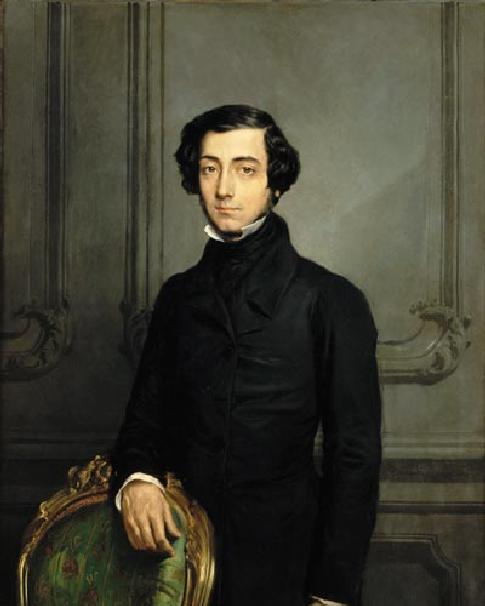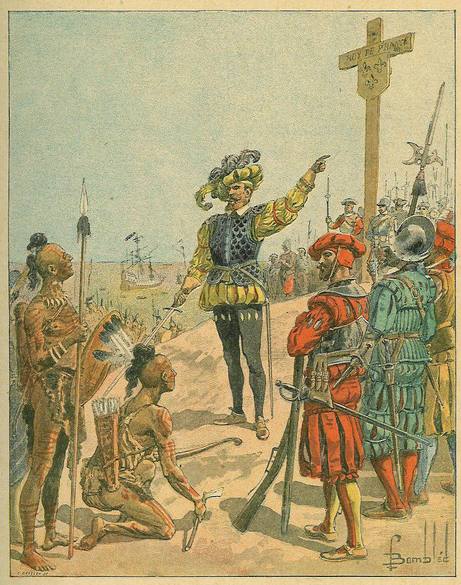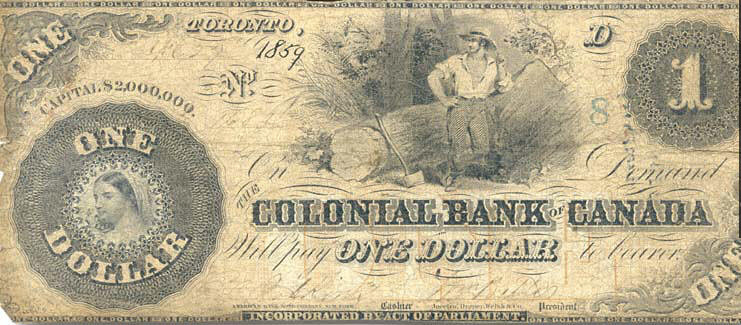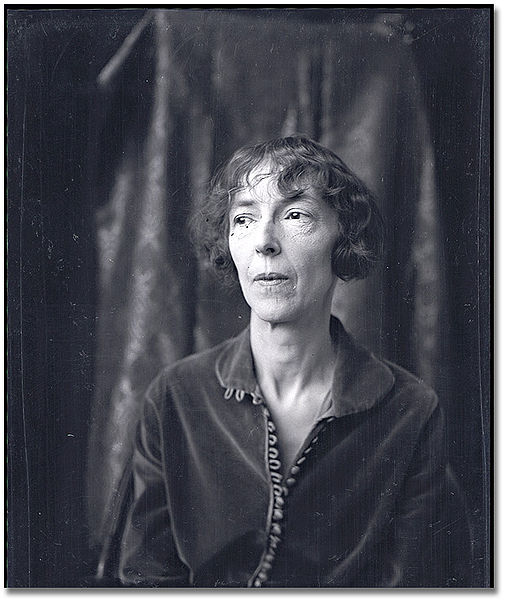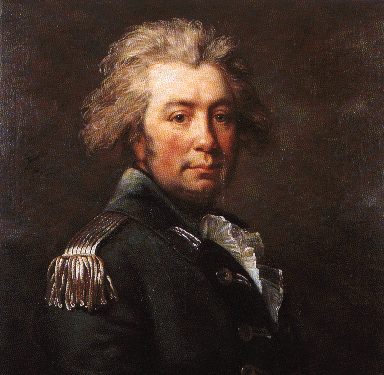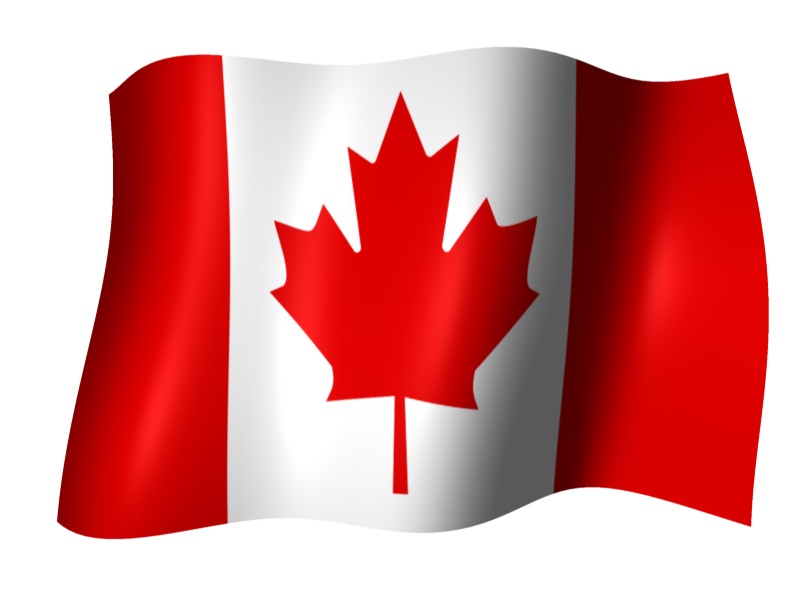Today is de Tocqueville‘s birthday (1805-1859).
Frye in the “Conclusion to the Second Edition of Literary History of Canada“:
The coherence of the “American way of life” is often underestimated by Americans themselves, because the more thoughtful citizens of any country are likely to be more preoccupied with its anomalies. Hence outsiders, including Canadians, may find the consistency easier to see. De Tocqueville, who didn’t like much of what he saw in the United States, wrote his book [Democracy in America] very largely about that consistency, almost in spite of himself. (CW 12, 452-3)
In his “Speech at the New Canadian Embassy, Washington”:
De Tocqueville, in his magesterial survey of democracy in America, says only one thing about Canada, but what he says bears on our present point. “In Canada,” he says, “the most enlightened, patriotic and human inhabitants make extraordinary effort to render the people dissatisfied . . . more exertions are made to excite the passions of the citizens there than to calm them elsewhere.” He is speaking mainly of French Canada, but the remark applies to the whole country. One reads between the lines the desperate frustrations of the earlier communicators, and the massive indifference of those they attempted to address. The silence of the eternal spaces remained at the bottom of the Canadian psyche for a long time, and in many respects is still there. (ibid., 647-8)
In a 1969 interview, “CRTC Guru”:
Chiasson: I’m considering some thoughts that Tocqueville, the French historian, had about the U.S. and indeed about Canada, which I think have something to do with the fundamentally classless situation of North America.
Frye: The thing is that when you don’t have a class structure you have to diversify society in some other way, otherwise you just get a mob; of course, the mob is what Tocqueville is worried about. This is why, I think, this breaking down of the Canadian population into separate groups is so important.
Chiasson: And something to be encouraged?
Frye: Well, it takes place anyway. (CW 24, 101)
